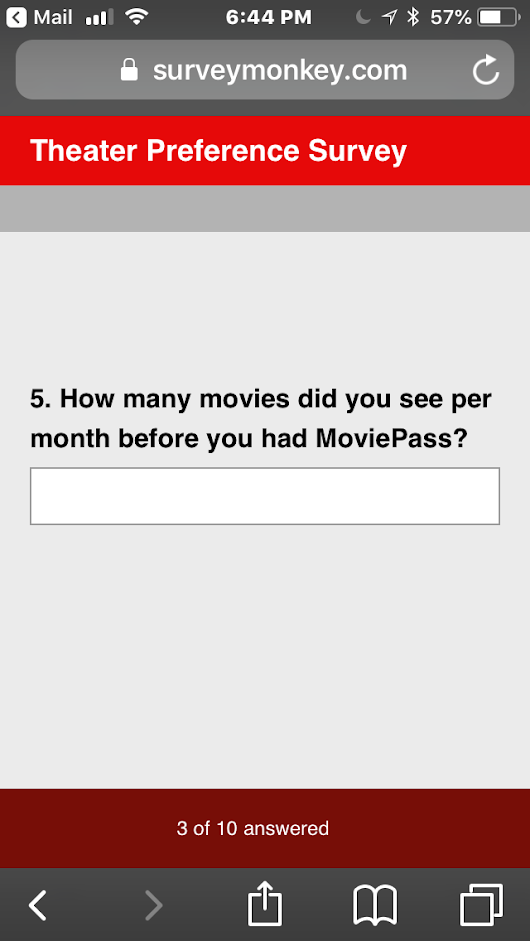All in Surveys
No More Surveys!
I believe that polling numbers released to the public without serious methodological detail will be worthless and not to be trusted.
Who Cares About Digital Government Services?
People also have different channel preferences depending on whether they are alone or with others, are on the road or at home, or are seeking a quick bit of information, performing an infrequent transaction, or are doing serious or complex research with significant health or financial consequences.
Do People Really Understand What “Open Data” Means?
Ultimately the most important issue has to come down to deciding what level of data literacy citizens need. As the production and consumption of goods and services become more data-dependent in both developed and developing countries, it is reasonable to ask how much understanding of data and data related decisions people really need. I’ve referred to this elsewhere as data management literacy. Maybe we also need to consider data consumption literacy. After all, if people don’t understand or appreciate the services we’re providing, no amount of standardization, interoperability, or transparency is going to make any difference.
How Are Open Data Programs Related to Investment Flows in Developing Countries?
Once data resources are digitized and made available for access and use, restricting or limiting their use can become difficult, complex, and expensive. Traditional and private sector institutions that rely too heavily on such distinctions for controlling social and business activities may find it difficult to adjust to and take advantage of such trends.
Robo-Tweets and the Internet of Things: A Survey
I always thought when seeing the movie Close Encounters of the Third Kind that the musical conversation between the alien Mothership and the humans was cut short when the aliens realized they were no longer playing with a human but with a computer program.
Please scroll down below and take the survey (the survey questionnaire is also available here):
Here’s an experiment you can do yourself if you maintain a personal contact list electronically that lets you add database fields to track different chracteristics and events.
There are many discussions going on about the OMB’s recently issued Social Media, Web-Based Interactive Technologies, and the Paperwork Reduction Act. Basically, this guidance makes it easier for Federal agencies to use variety of social media and “web 2.0” tools for interacting with the public without having to go through the expensive and time consuming clearance process required by the Paperwork Reduction Act.
Should Dennis Continue His Dead Tree Washington Post Subscription?
Understanding Context in National Online Public Dialogs
So how are we doing in terms of increasing public involvement in creating, assessing, and commenting on public policies?
With sponsorship from Social Media Today LLC and Oracle Corporation, I’ve developed a brief online survey for sales managers who have responsibility for a team of sales people.
Do you use Twitter? Do you have your Twitter ID on your business card?
On my own I’ve created a short 4-question survey about this topic that is located here:
One recommendations often made to professionals about blogging is that blogging, and reading others’ blog posts and commenting on them, are ways to engage in “conversations.” These conversations, so pundits like me say, can evolve over time into valuable social, professional, and intellectual relationships.
This brief online survey, sponsored by Social Media Today LLC (SMT), is designed to help discover where modern “web 2.0” tools will have the most impact on the sales process. It is intended to be answered by sales managers who have responsibility for a team of sales people.
The Best Part of Obama's Inaugural Speech
This was my favorite part of President Obama’s inaugural speech; I’ve emphasized what I think is the best phrase:
By Dennis D. McDonald










